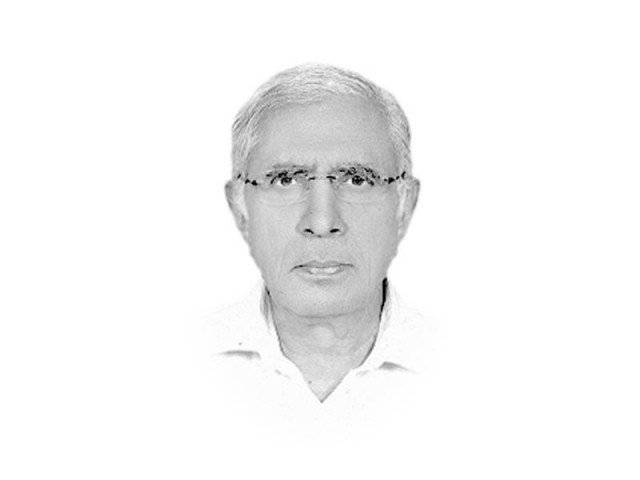
So, all those who insist that the country, not its constitution comes first need to brush up their understanding of Pakistan’s genesis.
Indeed, Pakistan came into being through what is called the Indian Independence Act of 1947. It is an Act of Parliament of the UK that partitioned British India into two new independent dominions of India and Pakistan.
The Act provided the establishment of the office of Governor General in each of the two new countries, as representatives of the Crown; and conferred complete legislative authority upon the respective Constituent Assemblies of the two new countries.
The Act also made provision for the division of joint property, etc between the two new countries, including in particular the division of the armed forces.
Therefore, until the time of framing of new constitution, the new dominions were to be governed by the Government of India Act of 1935. The Governor General was empowered to bring this Act into force. The existing legislative setup was allowed to continue as Constitution-making body as well as a legislature.
On 21 September 1954, Pakistan’s Constituent Assembly amended the Government of India Act of 1935. The amendments precluded the Governor General from acting except on the advice of his ministers. In retaliation then Governor General Ghulam Mohammad dissolved the Constituent Assembly itself, only because the members of the Assembly’s sub-committee had decided to curtail his powers.
His action was condoned by the federal judiciary in particular by Justice Munir in the case Federation of Pakistan vs Speaker Maulvi Tamizuddin Khan. Justice Munir ruled in favour of the dismissal, declaring that the Assembly was not a sovereign body.
According to Munir, the independence Jinnah gained for his country was restricted by the prerogative rights of the English Crown. Justice Cornelius while dissenting maintained that the historical fact was that Pakistan had been created with complete independence.
According to Allen McGrath’s book Destruction of Pakistan’s Democracy, when Munir denied the existence of the Assembly’s sovereignty, he destroyed Pakistan’s existing constitutional basis. He thereby created a vacuum which was an opportunity for Ghulam Mohammad to usurp powers which were not his legally and constitutionally.
To support Ghulam Mohammad’s use of non-constitutional emergency powers, Munir relied on the maxim “that which is otherwise not lawful is made lawful by necessity”. This was to be used as legal justification for all subsequent martial laws.
This is why in Pakistan the country’s Constitution is seen as more sacrosanct than the country itself as in the absence of its Constitution Pakistan becomes rudderless and susceptible to usurpation of powers by disruptive and destructive forces.
Pakistan is a federation with the federating units having agreed under the 1973 Constitution to live together as equal entities in rights and privileges in a republic which by definition is a state in which supreme power is held by the people and their elected representatives. So, the Constitution must be protected and preserved rather than being treated as a dispensable document which can be done away with if it seemed to be coming in the way of illegal usurpation of power ostensibly for saving Pakistan.
Of course, written constitutions are not divine documents. They need to be updated and improved to respond to the dynamics of change, but never abrogated. In fact those who commit the crime of abrogating the constitution should be meted out exemplary punishment to serve as a stern warning to future adventurers.
That is the reason for extradition of Gen Musharraf back to Pakistan forcibly, if necessary, through Interpol and tried under Article 6 of the Constitution for taking liberties not once but twice with the law of the land.
Published in The Express Tribune, June 16th, 2018.
Like Opinion & Editorial on Facebook, follow @ETOpEd on Twitter to receive all updates on all our daily pieces.
1731325890-0/trump-(24)1731325890-0-405x300.webp)


1720507435-0/BeFunky-collage-(26)1720507435-0-165x106.webp)








COMMENTS (1)
Comments are moderated and generally will be posted if they are on-topic and not abusive.
For more information, please see our Comments FAQ